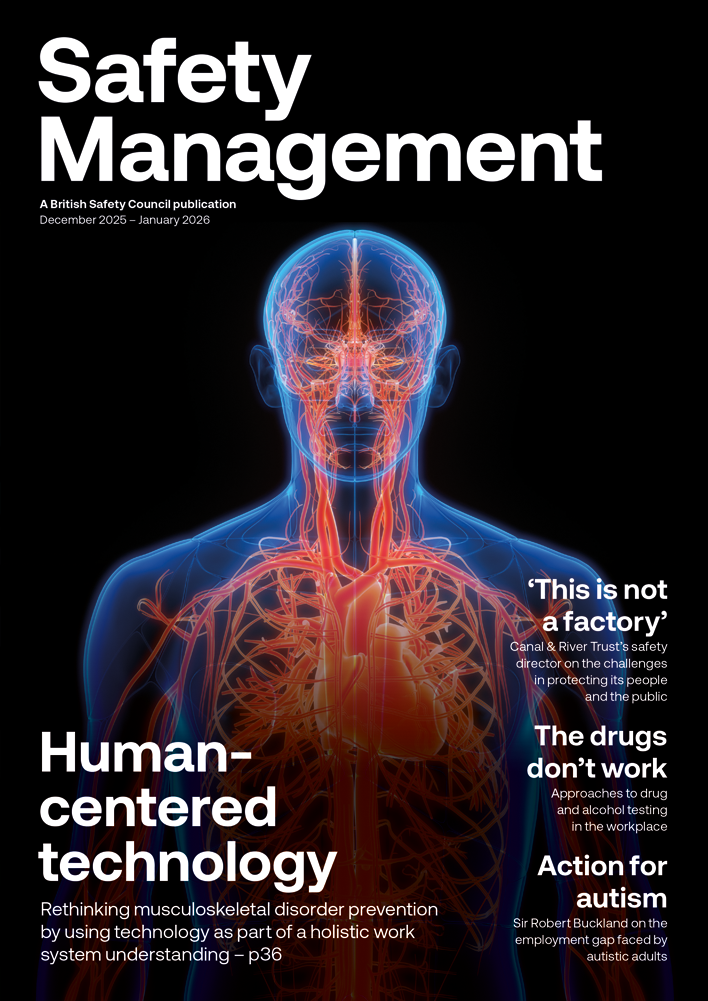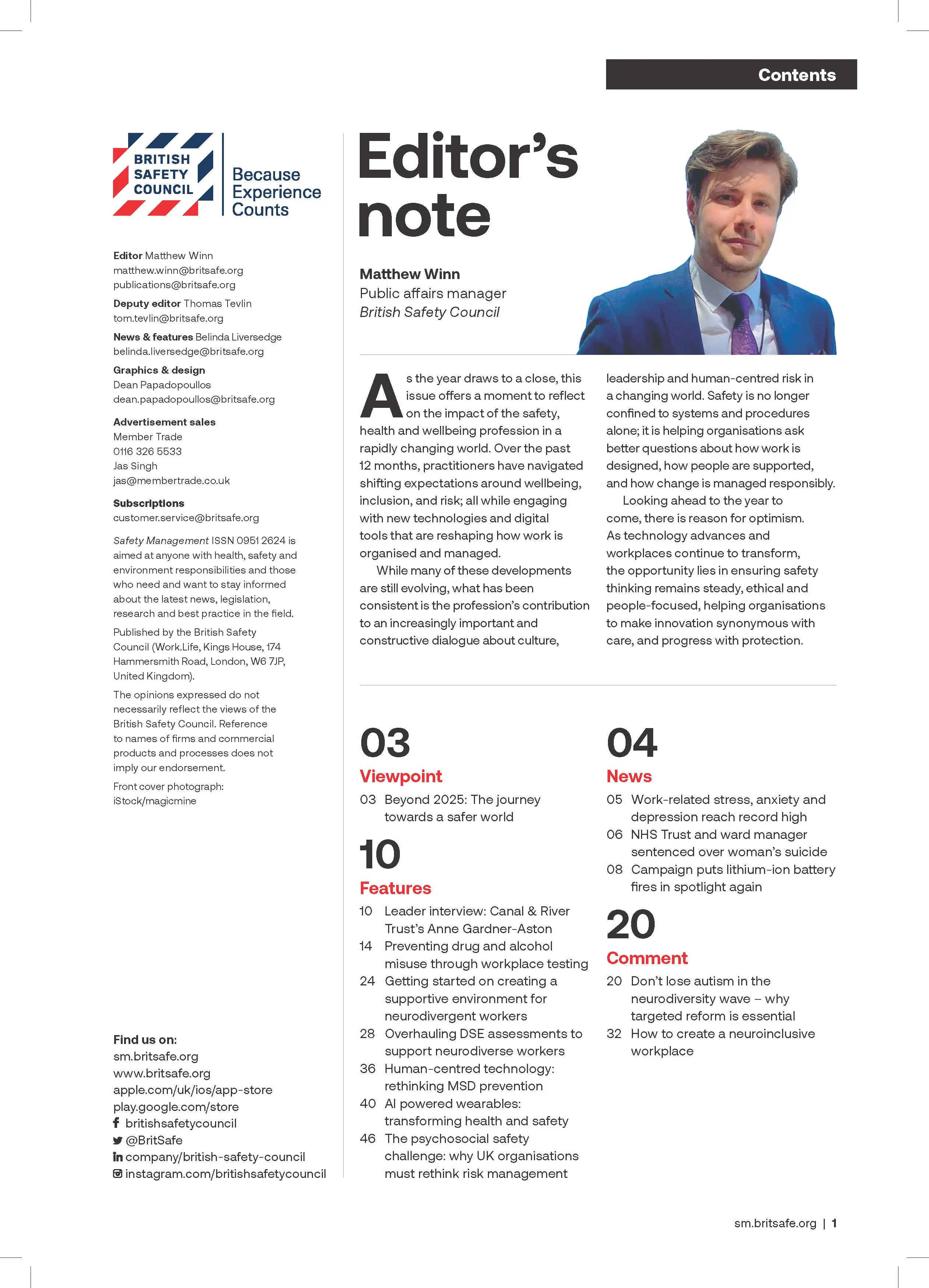HSE has hiked up its Fee for Intervention (FFI) costs, meaning businesses that break health and safety laws will now be charged £154 per hour for inspectors to investigate failures.
News
HSE increases Fee For Intervention (FFI) charges by almost 20 per cent
A spokesperson from HSE confirmed the cost has gone up from £129 per hour with effect from 6 April. They said: "This means that businesses that are found to be in material breach of health and safety law will be charged at this new rate. As now, those businesses that meet their legal requirements will not pay anything for HSE’s regulatory activity.”
FFI was introduced to shift the cost of regulating workplace health and safety from the taxpayer onto businesses. But recently FFI has been costing HSE more than it recovers in income from it. Last year HSE posted a loss of £1.9m from running FFI.
The spokesperson continued: “HSE must set the FFI rate with the aim of recovering its full cost and in recent years it has operated at a deficit (i.e. cost more than recovered in income). A combination of this and cumulative inflationary pressures support the increased hourly rate.”
Writing on the website Out-law.com, Natalie Walker of Pinsent Masons, said: “The increase in the recovery rate by almost 20 per cent means that non-compliance now comes with more significant repercussions for companies”.
“This emphasises the importance of organisations being proactive in their approach to safety and prioritising health and safety compliance.”
Fee for intervention was introduced in October 2012 and required employers who are guilty of a material breach of health and safety law to pay for HSE's time, including work to identify the breach, helping companies to correct failings, investigating and taking enforcement action.
More on FFI on HSE's website here
NEWS

Health and wellbeing quiz ‘first step to live a healthier and happier life’, says health minister
By Belinda Liversedge on 05 January 2026
The government's department of health has launched a 5-minute health quiz that reveals personalised steps to boost mood and energy.

Employment rights bill passes into law, bringing 'work into the 21st century'
By Belinda Liversedge on 24 December 2025
Lawyers have joined unions to hail the passing of the employment rights bill into law as ‘the biggest upgrade on workers’ rights in a generation’.

Traffic wardens to work in groups 'for own safety' after facing abuse from drivers
By Belinda Liversedge on 24 December 2025
Traffic wardens in one local council are being sent out to patrol in groups because of threats and abuse.



